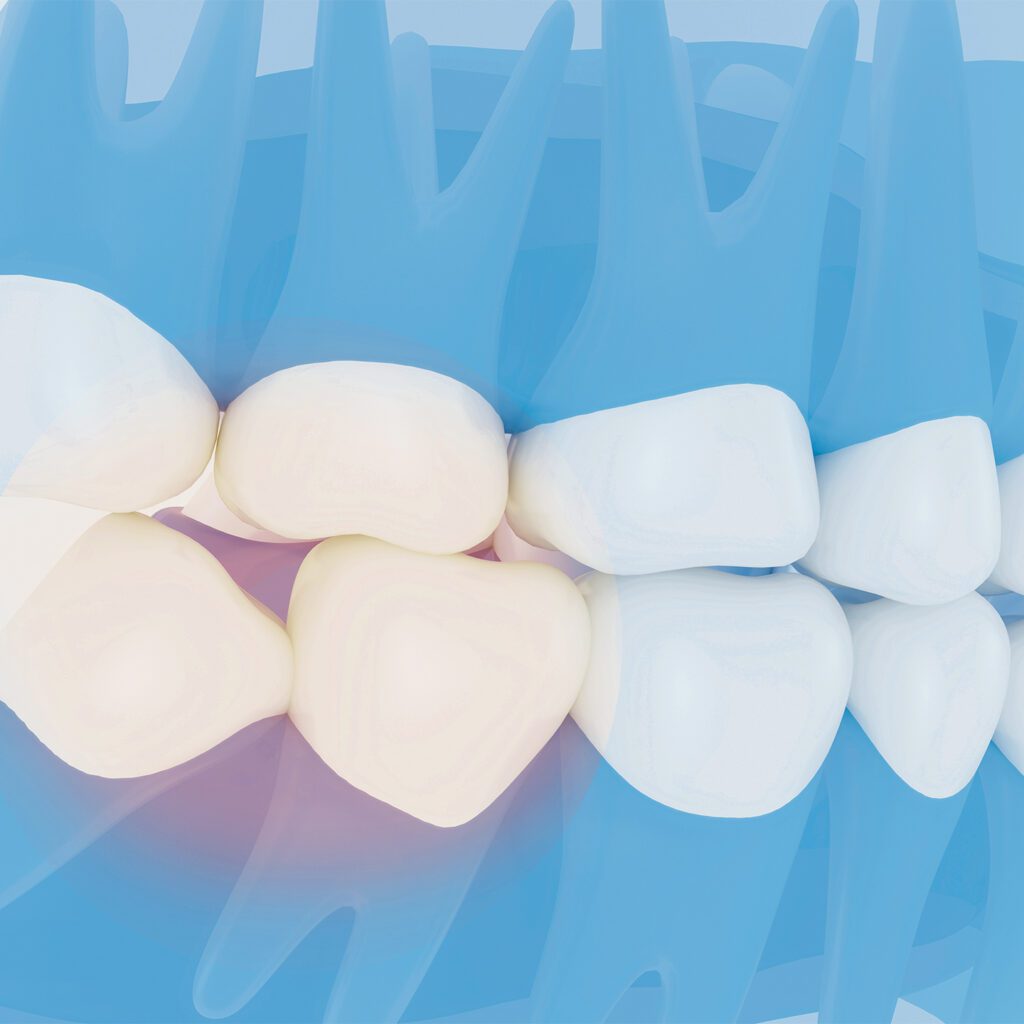Annual Oral Health Section
This common surgery can prevent dental problems before they start.
What Are Wisdom Teeth?
An average set of adult teeth is comprised of 32 teeth. Wisdom teeth, also known as the third molars, are located at the very back of the mouth and are the last teeth to emerge. Wisdom teeth come in between the ages of 17 and 25 and because they are the last to emerge, wisdom teeth can become impacted, meaning there isn’t enough room for them to fit in the mouth. Even if wisdom teeth are able to erupt, they are rarely functional and because of their position in the back of the mouth, they are more difficult to clean and often more prone to cavities.
Why Should You Get Your Wisdom Teeth Removed?

While wisdom teeth are often assessed and removed before problems arise, they can cause issues when left unmonitored. Impacted wisdom teeth can be painful and lead to the growth of bacteria, causing severe, sometimes life-threatening infections. As the teeth begin to emerge, they can put pressure on the neighboring molars and cause misalignment. They are also a common source of cysts as well as pathologic lesions. Other symptoms of impacted wisdom teeth include swollen gums, jaw ache, and pain when biting, chewing, and opening your mouth. Your dentist or oral surgeon can evaluate the position of your wisdom teeth and determine whether removal is advised.
The risks of developing problems with wisdom teeth increase with age, as do the risks of surgery. Removal of wisdom teeth during adolescence is a safe and predictable surgery with low risks of complications. Risks of permanent nerve injury, jaw infection, fracture, and delayed healing with removal of wisdom teeth in older patients are significantly increased.
What to Expect From the Procedure
Wisdom teeth removal surgery is a very common procedure – nearly 85 percent of Americans have or will have their wisdom teeth removed. This well-established and common procedure typically takes less than an hour. Advances in anesthesia medications and techniques, in addition to surgical techniques, have increased the safety and can result in a faster recovery. Recent adjuncts such as the use of platelet rich fibrin made from your own blood has been shown to greatly reduce the incidence of the dreaded “dry socket” in addition to speeding up the healing. Long-lasting local anesthetics such as Exparel can also reduce postoperative pain and the need for narcotics during the healing period. It is important to talk to your dentist regarding your wisdom teeth and determine the safest and most convenient time to have them removed, before they cause any big issues.


